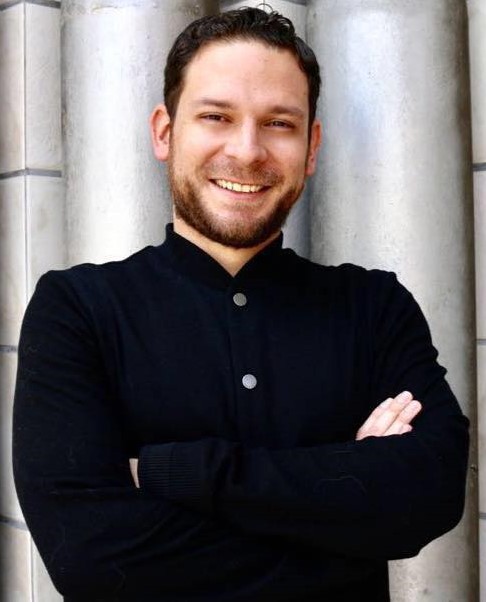
Principal Professor-Researcher (full professor)
Director of the Telecommunications Engineering Degree
Director of the Master's Degree in Research in Telematics
Coordinator of the Electronics and Telematics Research Group (GIETEC)
My work focuses on the study of next generation optical access networks. Within this field I have made important contributions in the scientific field in recent years. Particularly my algorithm to find optimal topologies: Optimal Topology Search (OTS) has begun to be highly commented by the related scientific community.
I found out about the Divulga Ciencia program not long ago in an informative forum organized by CEDIA . Thus, I reviewed the details of the program on the CEDIA website and in turn contacted the staff of its research department to resolve my doubts. It has been a very agile and efficient process thanks to the great support and dedication of the people who manage the processes.
I presented the financing proposal for my participation in the renowned ICTON 2018 congress (indexed in ISI and SCOPUS), held from July 1 to 5 of this year in the city of Bucharest (Romania), in order to make the presentation from my scientific paper: Techno-economics for optimal deployment of optical fronthauling for 5G in large urban areas. This paper presents innovative research regarding the deployment of optical networks to support the fifth generation of mobile telephony networks.
Participating in ICTON is always a very important platform to expose the research work being done and, in turn, to establish contacts with people who might be interested in collaborating or supporting future work. ICTON brings together top-level researchers from around the world and allows you to learn about the latest work in different fields of research around optical communications. I hope my participation is successful and calls the attention of researchers interested in referencing my work as well as collaborating with my research group in future work.
An interesting aspect of the research in Ecuador is that it has been making giant strides. We are just beginning, but that is precisely what is most important: to have finally begun to carry out continuous and consistent research. This is evidenced by the large number of research groups with constant scientific production that currently exist in the country, and many other groups that have recently been created and have begun to carry out serious scientific work.
Five years from now, I see my research work (GIETEC) being more consolidated at the national level, having a more solid international collaboration network and better positioned researchers. I also see the first cohort of graduates from the new Telecommunications Career (of which I am the director) as well as several cohorts of graduates from the new Master of Research in Telematics (of which I am also the director). Five years from now, I see my academic work projected into service achievements and support for the personal and professional growth of my fellow researchers, as well as my undergraduate and graduate students.
I have known about CEDIA for several years, but really a year ago I realized the large number of projects it supports in favor of research and higher education in the country.
The work of organizations that support the development of research and academia, such as CEDIA , is essential for the development of the country, since it is through the evolution and improvement of education in Ecuador that we can really get out of the underdevelopment and build a prosperous and equitable society. Without the support of institutions like CEDIA the work of researchers in Ecuador would be much more difficult.
I invite all fellow researchers in Ecuador to make use of CEDIA 's effective programs that support research and academia. I myself have directly benefited from programs such as Divulga Ciencia, CEPRA and CECIRA to carry out activities and capture ideas and projects that have been carried out thanks to the invaluable support of CEDIA through these programs.

